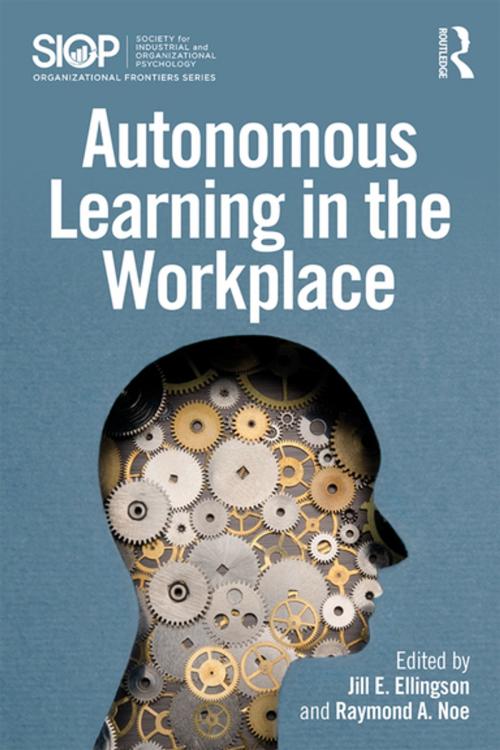Autonomous Learning in the Workplace
Nonfiction, Health & Well Being, Psychology, Occupational & Industrial Psychology, Reference & Language, Education & Teaching, Educational Theory, Leadership, Educational Psychology| Author: | ISBN: | 9781317378259 | |
| Publisher: | Taylor and Francis | Publication: | March 27, 2017 |
| Imprint: | Routledge | Language: | English |
| Author: | |
| ISBN: | 9781317378259 |
| Publisher: | Taylor and Francis |
| Publication: | March 27, 2017 |
| Imprint: | Routledge |
| Language: | English |
Traditionally, organizations and researchers have focused on learning that occurs through formal training and development programs. However, the realities of today’s workplace suggest that it is difficult, if not impossible, for organizations to rely mainly on formal programs for developing human capital.
This volume offers a broad-based treatment of autonomous learning to advance our understanding of learner-driven approaches and how organizations can support them. Contributors in industrial/organizational psychology, management, education, and entrepreneurship bring theoretical perspectives to help us understand autonomous learning and its consequences for individuals and organizations. Chapters consider informal learning, self-directed learning, learning from job challenges, mentoring, Massive Open Online Courses (MOOCs), organizational communities of practice, self-regulation, the role of feedback and errors, and how to capture value from autonomous learning. This book will appeal to scholars, researchers, and practitioners in psychology, management, training and development, and educational psychology.
Traditionally, organizations and researchers have focused on learning that occurs through formal training and development programs. However, the realities of today’s workplace suggest that it is difficult, if not impossible, for organizations to rely mainly on formal programs for developing human capital.
This volume offers a broad-based treatment of autonomous learning to advance our understanding of learner-driven approaches and how organizations can support them. Contributors in industrial/organizational psychology, management, education, and entrepreneurship bring theoretical perspectives to help us understand autonomous learning and its consequences for individuals and organizations. Chapters consider informal learning, self-directed learning, learning from job challenges, mentoring, Massive Open Online Courses (MOOCs), organizational communities of practice, self-regulation, the role of feedback and errors, and how to capture value from autonomous learning. This book will appeal to scholars, researchers, and practitioners in psychology, management, training and development, and educational psychology.















